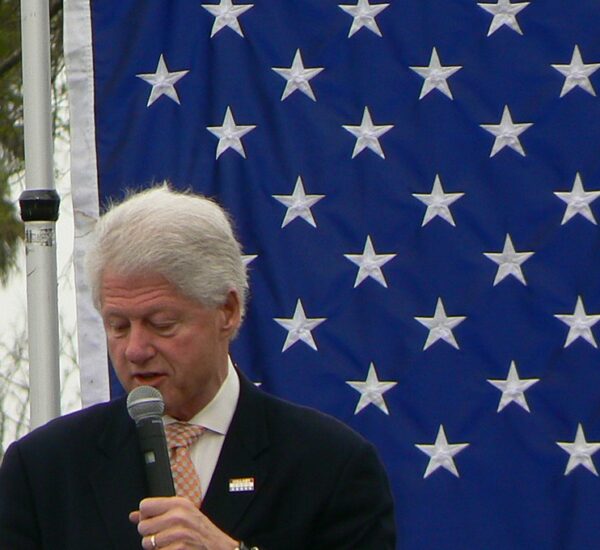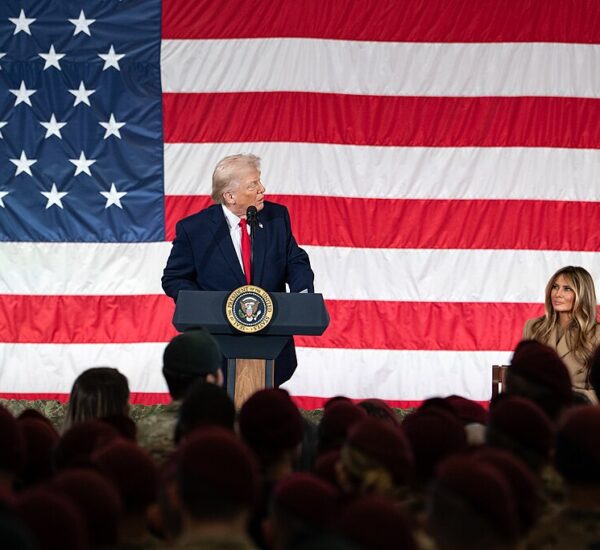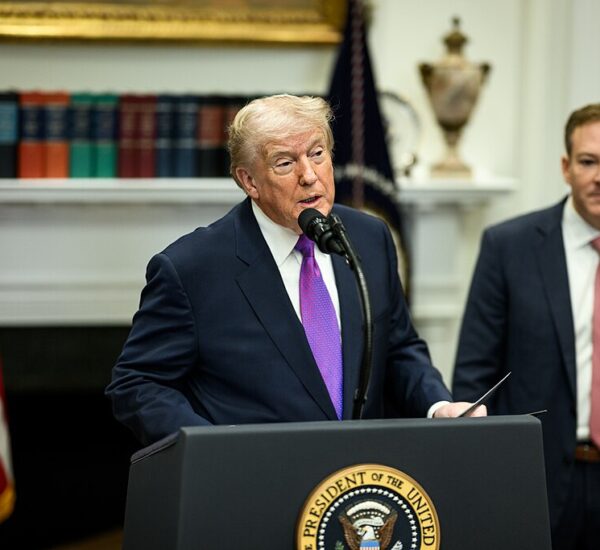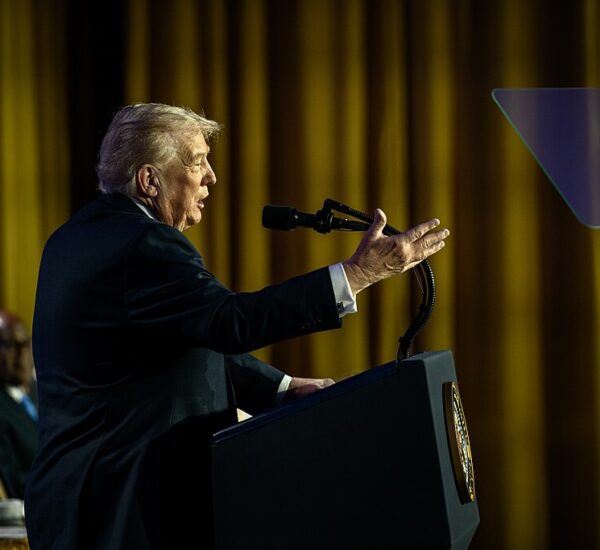Texas Fights Back Against Court Ruling
The Supreme Court is suddenly at the center of a massive redistricting storm — and Texas is leading the charge. A ruling could arrive any day on whether the Court will reinstate Texas’s Republican-backed congressional map, a move that could dramatically reshape the political landscape heading into 2026.
This battle hits the Court at the same time it’s weighing major cases from Louisiana, Alabama, Mississippi, and North Dakota — all of which could determine how states draw their maps for years to come.
For millions of Americans who care about election integrity, voting laws, and states’ rights, the stakes could not be higher.
Texas Warns: “The 2026 Election Is Already Underway”
Texas argues the lower court waited until the last minute to strike down the GOP-friendly map, throwing the state’s election system into confusion.
Gov. Greg Abbott says the ruling violated the Purcell principle — a key election-law guideline that warns judges not to disrupt voting procedures close to an election.
Texas says the lower court’s decision is causing major problems:
- Candidates don’t know which voters they’re supposed to talk to
- Campaigns have already spent hundreds of thousands of dollars based on the current map
- Candidate filing closes December 8, leaving almost no room for changes
- Overseas ballots must be mailed by January 17
- Early voting begins February 17
Campaigns say they’re already knocking on doors, running ads, and building voter lists based on the 2025 map. Moving the lines now, they warn, would cause statewide chaos.
Even Democrat Rep. Lloyd Doggett, who previously said he wouldn’t run again, now hints he may jump back in depending on what the Supreme Court does.
Justice Samuel Alito has temporarily reinstated the GOP map while the Court decides.
Purcell Principle: Why It Matters for Election Laws Nationwide
The Purcell principle has played a major role in recent elections — and the Supreme Court has often used it to stop last-minute court-ordered changes.
Recent examples:
- 2022: The Court allowed GOP-drawn maps in Alabama and Louisiana to stand for the midterms, even though lower courts called them racial gerrymanders.
- 2024: The Court again stepped in to keep Louisiana’s map in place amid disputes over majority-Black districts.
Texas argues that, in fairness, the Supreme Court must treat it the same way.
The challengers disagree, saying previous interventions were issued during an election year — but Abbott and GOP officials insist the current election cycle is already underway.
High-Stakes Battles Still Brewing in Alabama and Louisiana
Two of the biggest voting-rights showdowns in America remain unresolved.
Louisiana’s Redistricting Case Could Rewrite the Voting Rights Act
The justices ordered rare rearguments in October and are now drafting a final opinion.
Legal analysts say the Court may rule that using race at all in redistricting violates the Constitution — a decision that would dramatically weaken Section 2 of the Voting Rights Act.
That would fundamentally change how congressional districts are drawn in dozens of states.
Alabama Is Also Waiting
After lower courts forced Alabama to adopt a map with a second majority-Black district, Alabama Republicans appealed.
The Supreme Court considered whether to take the case last week but hasn’t announced a decision.
Some observers believe the Court may wait until it rules on the Louisiana case because both raise similar constitutional questions.
Another Bombshell Question: Can Private Groups Sue at All?
One of the biggest legal questions now before the Court could reshape voting-rights enforcement nationwide:
Can private organizations — like the ACLU and NAACP — still file lawsuits under Section 2 of the Voting Rights Act?
If the Supreme Court says no, then:
- Private lawsuits would vanish overnight
- Enforcement would fall entirely to the sitting presidential administration
- Voting-rights litigation would become far more dependent on who sits in the White House
This issue arose after the 8th Circuit ruled that Native American tribes in North Dakota had no right to sue over legislative maps. Now, tribes, civil-rights groups, and Mississippi’s NAACP are begging the Supreme Court to step in.
The Court considered the petitions last week but has not taken action yet.
What It All Means for Conservatives
These cases could reshape America’s elections for decades. For conservatives who support strong state authority, clear election rules, and protection against last-minute legal chaos, the Supreme Court’s decisions will have a direct impact on:
- How congressional districts are drawn
- How racial considerations factor into redistricting
- Who can sue to challenge voting laws
- How much power the White House has over election systems
- Whether GOP-friendly maps remain in place through 2026
The coming rulings will define the future of election integrity — and the balance of power in Congress — long after 2026.






